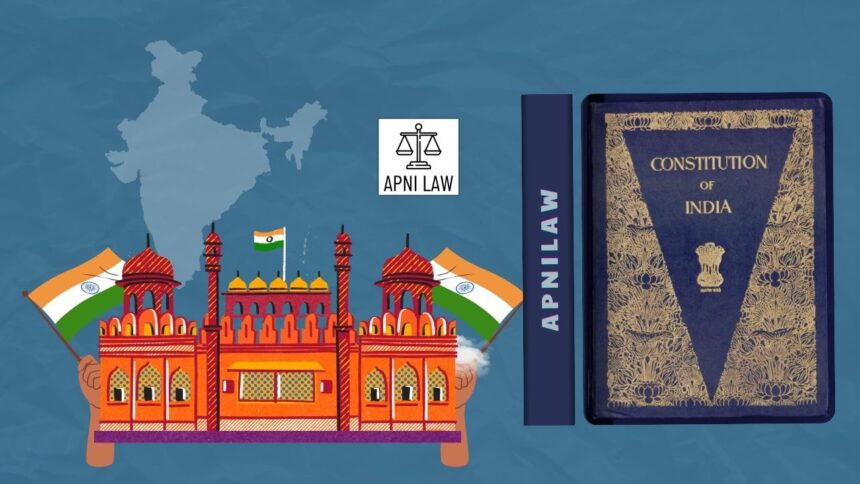Introduction
The Right to Information (RTI) Act, 2005 changed how citizens engage with the government. It gave people the power to demand answers and hold officials accountable. At the center of this system stands the Central Information Commission (CIC), the highest authority that deals with RTI appeals and complaints at the central level. The CIC ensures that transparency is not just an idea written in law but a real tool for strengthening democracy.
Establishment of the CIC
The CIC came into existence in 2005 under the RTI Act. It was set up to act as the final authority for citizens who were not satisfied with the replies from central public authorities. The Commission also checks whether government offices follow their duty to remain transparent and share information when requested.
The body includes a Chief Information Commissioner and up to ten Information Commissioners. The President of India appoints them on the advice of a committee made up of the Prime Minister, the Leader of Opposition in the Lok Sabha, and a Union Cabinet Minister. This process was designed to ensure fairness and reduce political bias in appointments.
Powers and Functions of the CIC
The CIC plays a vital role in making RTI effective. It hears appeals from citizens who were denied information or who did not receive a response in time. It also deals with complaints when officials deliberately withhold information. The Commission has the authority to call for records, examine documents, and even fine officials who fail to follow the law.
Besides resolving disputes, the CIC guides public authorities. It directs them to improve record-keeping, digitize data, and make information more accessible to the public. Every year, it publishes reports on how the RTI Act is being used, which helps measure progress in transparency.
CIC and Transparency in Governance
The establishment of the CIC marked a turning point for democracy in India. Before RTI, government work was mostly hidden, and citizens had little access to information. The CIC made it possible for people to demand openness. Cases heard by the CIC have exposed corruption, misuse of public funds, irregularities in recruitment, and inefficiency in service delivery.
This has created a new culture of accountability. Officials now act more carefully, knowing that citizens can question their decisions. In this way, the CIC has reinforced the principle that the government exists to serve the people, not to hide information from them.
Challenges Faced by the CIC
The CIC has faced serious hurdles in carrying out its mission. A major challenge is the huge backlog of appeals and complaints. Citizens often wait years for their problems to be resolved. Delays grow worse when posts of Information Commissioners remain vacant.
Another problem is poor compliance by some government departments. Many offices still avoid sharing information or find excuses to delay. While the CIC can impose penalties, enforcement is not always strict. Limited staff and resources further reduce the Commission’s ability to spread awareness or push for reforms in record management.
The Way Forward
To make the CIC stronger, reforms are needed. Appointments of Commissioners should happen on time, and the number of Commissioners must be increased to handle the workload. The Commission also requires more independence and funding so it can perform without restrictions.
Awareness among citizens is equally important. Many people still do not know how to use RTI effectively. If departments digitize records and release information on their own, the burden on the CIC will reduce. As a result, the Commission can focus more on serious cases rather than routine queries.
Conclusion
The Central Information Commission is more than just a tribunal for appeals, it is a guardian of transparency in India. By ensuring that the Right to Information is respected, it empowers citizens to demand accountability and question authority. Challenges like backlog, vacancies, and weak enforcement remain, but reforms can help strengthen the Commission. If supported with resources and independence, the CIC can continue to make governance more open and responsive. In doing so, it will not only protect the RTI Act but also deepen India’s democratic values of trust, participation, and accountability.
For any specific query call at +91 – 8569843472








